HomeServicesAbout usContact UsDeveloped by Sumeet Babanagare, Hrishikesh Rathod, Arnava Dekhne and Darshan karwa
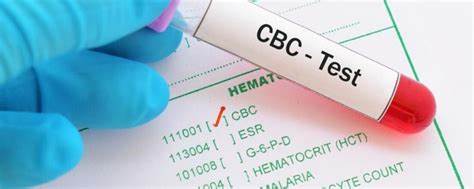
CBC Test (Blood Test):
The Complete Blood Count (CBC) test is a fundamental diagnostic tool used to assess various components of blood. It provides valuable insights into a person's overall health by measuring different types of blood cells, including red blood cells (RBCs), white blood cells (WBCs), and platelets.
CBC helps in detecting conditions such as anemia, infections, and blood disorders. The test can reveal important information such as hemoglobin levels, hematocrit, and the count of different types of white blood cells, aiding in the diagnosis and monitoring of various medical conditions.
By analyzing CBC results, healthcare professionals can assess a patient's immune system function, oxygen-carrying capacity, and overall blood health. This test is routinely performed in both general check-ups and when investigating specific medical concerns, providing crucial insights into a person's well-being.
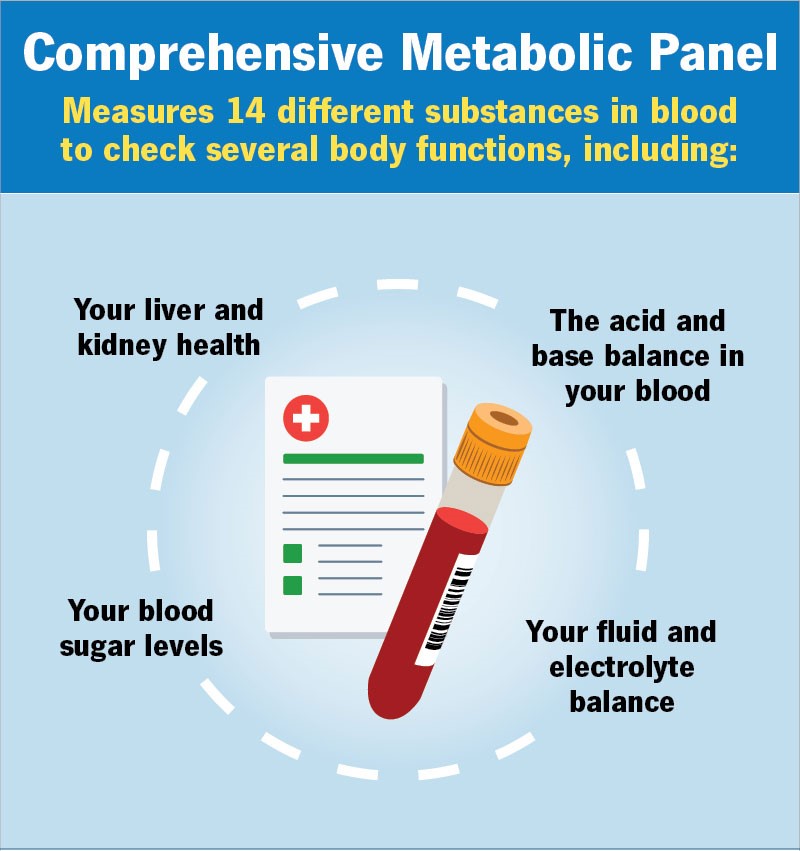
CMP (Comprehensive Metabolic Panel) (Blood Test):
The Comprehensive Metabolic Panel (CMP) test is a comprehensive diagnostic tool that evaluates various aspects of a person's metabolic health. It consists of a panel of blood tests that assess key markers related to organ function, electrolyte balance, and blood glucose levels.
The CMP typically includes tests for liver function, kidney function, blood glucose, electrolytes such as sodium, potassium, and calcium, as well as markers like albumin and total protein.
By analyzing the results of a CMP test, healthcare professionals can identify abnormalities or imbalances in these critical metabolic parameters, aiding in the diagnosis and management of various medical conditions.
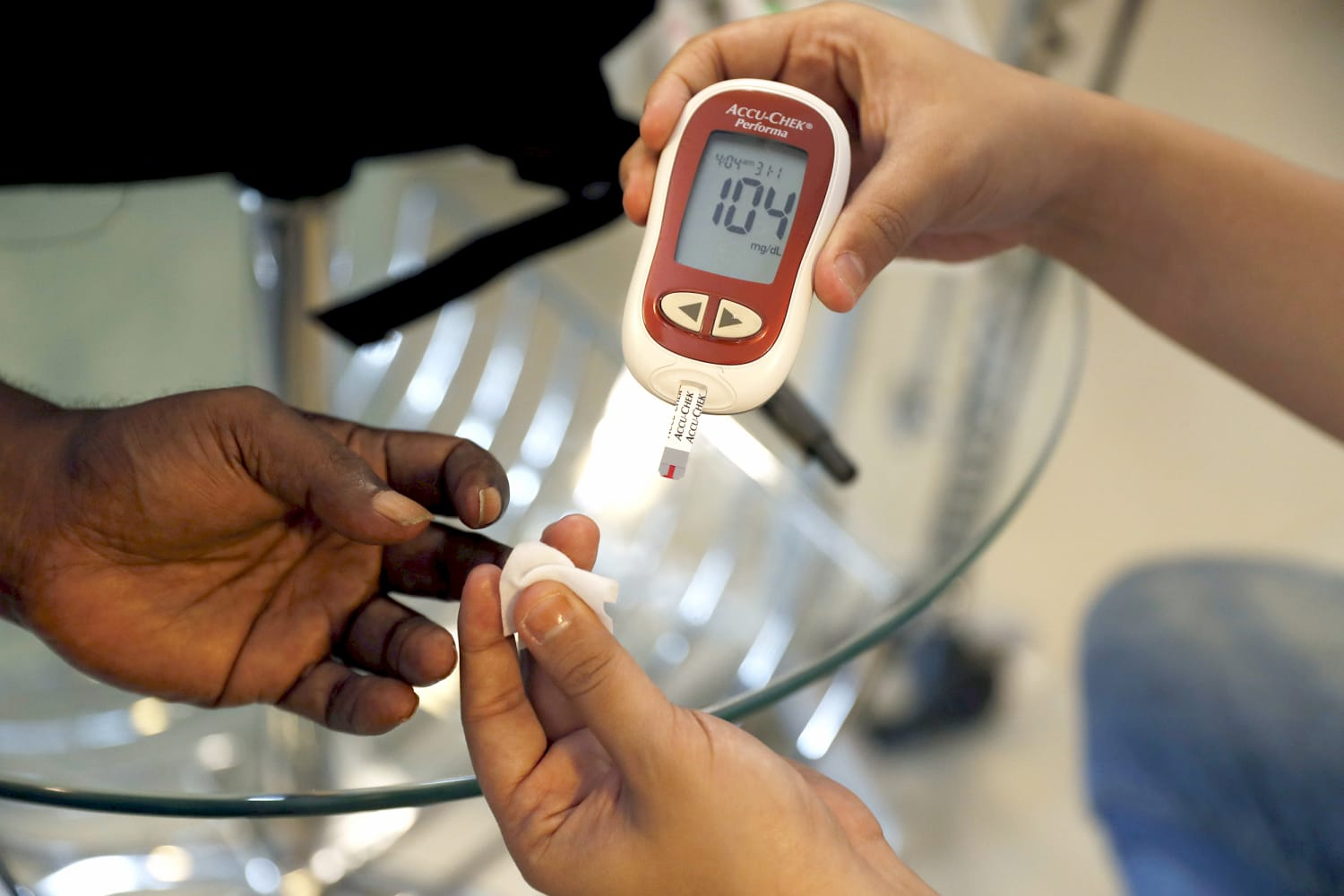
Blood Glucose (Fasting Blood Sugar) (Blood Test):
The Blood Glucose test, also referred to as Fasting Blood Sugar (FBS) test, is a vital screening tool used to measure the concentration of glucose in the bloodstream after a period of fasting. It is commonly performed to diagnose and monitor diabetes and prediabetes. The test requires the individual to abstain from eating or drinking anything except water for at least 8 hours before the blood sample is taken.
Elevated blood glucose levels may indicate insulin resistance or impaired glucose metabolism, which are hallmark features of diabetes. Monitoring blood glucose levels through Fasting Blood Sugar tests is crucial for managing diabetes effectively and preventing complications such as heart disease, kidney failure, and nerve damage.
Regular Fasting Blood Sugar testing is essential for individuals at risk of diabetes or those already diagnosed, facilitating early intervention and personalized treatment strategies.

Thyroid Function Tests (TFTs) (Blood Test):
Thyroid Function Tests (TFTs) are a group of blood tests that evaluate the functioning of the thyroid gland, a crucial organ responsible for regulating metabolism and various bodily functions. TFTs typically include measurements of thyroid hormones such as thyroxine (T4), triiodothyronine (T3), and thyroid-stimulating hormone (TSH).
These tests help diagnose thyroid disorders such as hypothyroidism (underactive thyroid) and hyperthyroidism (overactive thyroid). By assessing hormone levels, healthcare professionals can determine if the thyroid gland is functioning optimally or if there is an imbalance that requires treatment.
TFTs are essential in guiding the management of thyroid conditions, helping to monitor treatment effectiveness and adjust medication doses accordingly. Regular monitoring of thyroid function through TFTs is crucial for individuals with thyroid disorders to ensure proper hormone balance and overall well-being.
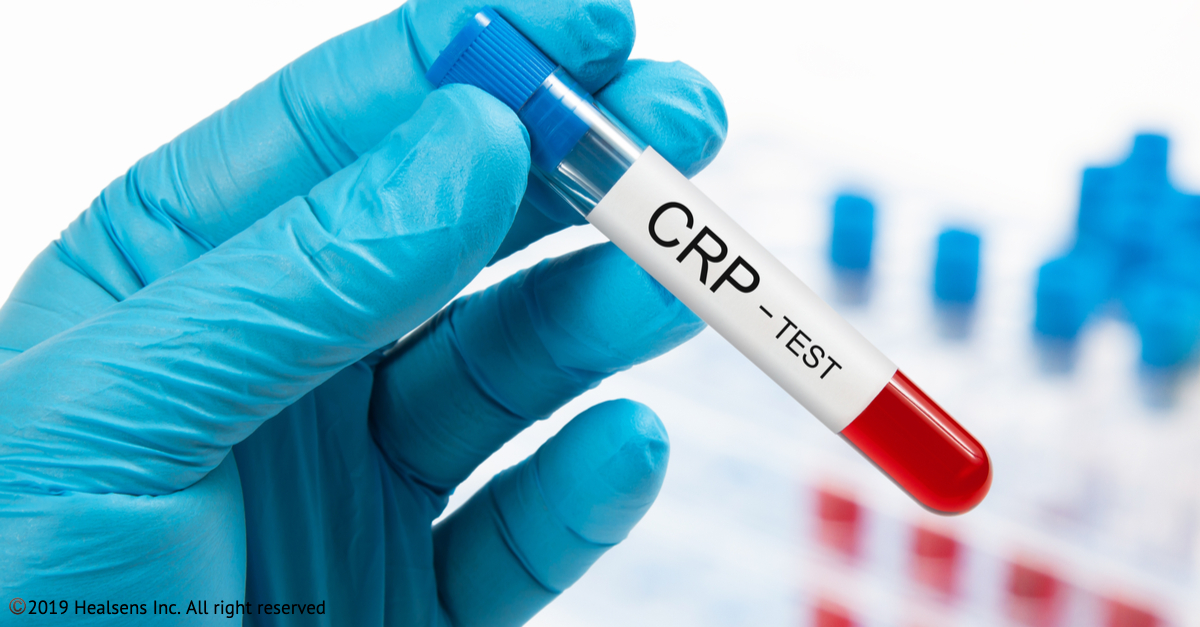
CRP (C-Reactive Protein)(Blood Test):
The CRP (C-Reactive Protein) test is a blood test used to measure levels of C-reactive protein, a marker of inflammation in the body. Elevated CRP levels indicate the presence of inflammation, which can be caused by infections, autoimmune disorders, or chronic diseases such as cardiovascular disease. This test is valuable in diagnosing and monitoring conditions associated with inflammation, aiding in the early detection and management of various health issues.
CRP testing is often performed alongside other diagnostic tests to assess the severity of inflammation and guide treatment decisions.
Regular CRP testing may be recommended for individuals at risk of inflammatory conditions or those with existing health concerns, providing valuable insights into their inflammatory status and guiding personalized healthcare strategies.
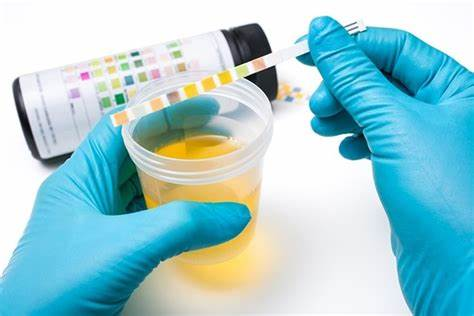
Urinalysis (Examination of Urine)(Urine Test):
Urinalysis, also known as the Examination of Urine, is a common diagnostic test that assesses the physical, chemical, and microscopic properties of urine. It provides valuable insights into kidney function, urinary tract health, and overall hydration status. Urinalysis can detect abnormalities such as urinary tract infections, kidney disease, diabetes, and dehydration by examining various parameters including color, clarity, pH, protein, glucose, ketones, and the presence of blood cells or bacteria.
Regular urinalysis is recommended for individuals of all ages to maintain urinary tract wellness and detect potential health concerns.

Urine Culture(Urine Test):
Urine Culture is a diagnostic test performed to identify the presence of bacteria or other pathogens in the urine. It helps diagnose urinary tract infections (UTIs) by analyzing the type and quantity of microorganisms present. During the test, a urine sample is collected and cultured in a laboratory to encourage the growth of any bacteria present.
After incubation, the cultured bacteria are identified and tested for susceptibility to antibiotics, aiding in the selection of appropriate treatment. Urine Culture is essential for accurately diagnosing UTIs, guiding effective antibiotic therapy, and preventing the development of antibiotic resistance.
It is commonly ordered when symptoms of a UTI are present, such as frequent urination, burning sensation during urination, or cloudy and foul-smelling urine. Early detection and treatment of UTIs through Urine Culture help prevent complications and ensure optimal urinary tract health.
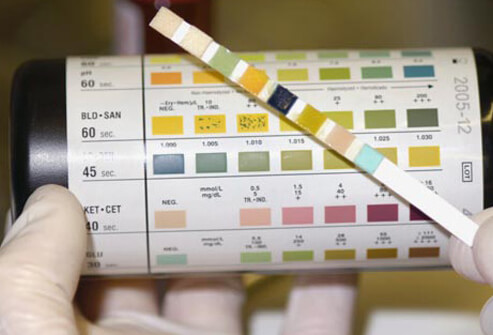
Urine Protein(Urine Test):
The Urine Protein test is a diagnostic examination used to measure the amount of protein present in urine samples. Elevated levels of protein in urine, known as proteinuria, can indicate kidney damage or dysfunction.
This test helps in the diagnosis and monitoring of various kidney-related conditions such as kidney disease, glomerulonephritis, or diabetic nephropathy. Proteinuria can also be a sign of other health issues such as hypertension, diabetes, or heart disease.
The Urine Protein test is typically performed alongside other kidney function tests and medical evaluations to assess overall renal health and determine appropriate treatment plans. Regular monitoring of urine protein levels is crucial for individuals with kidney diseases or risk factors, allowing for early detection and management of potential complications.
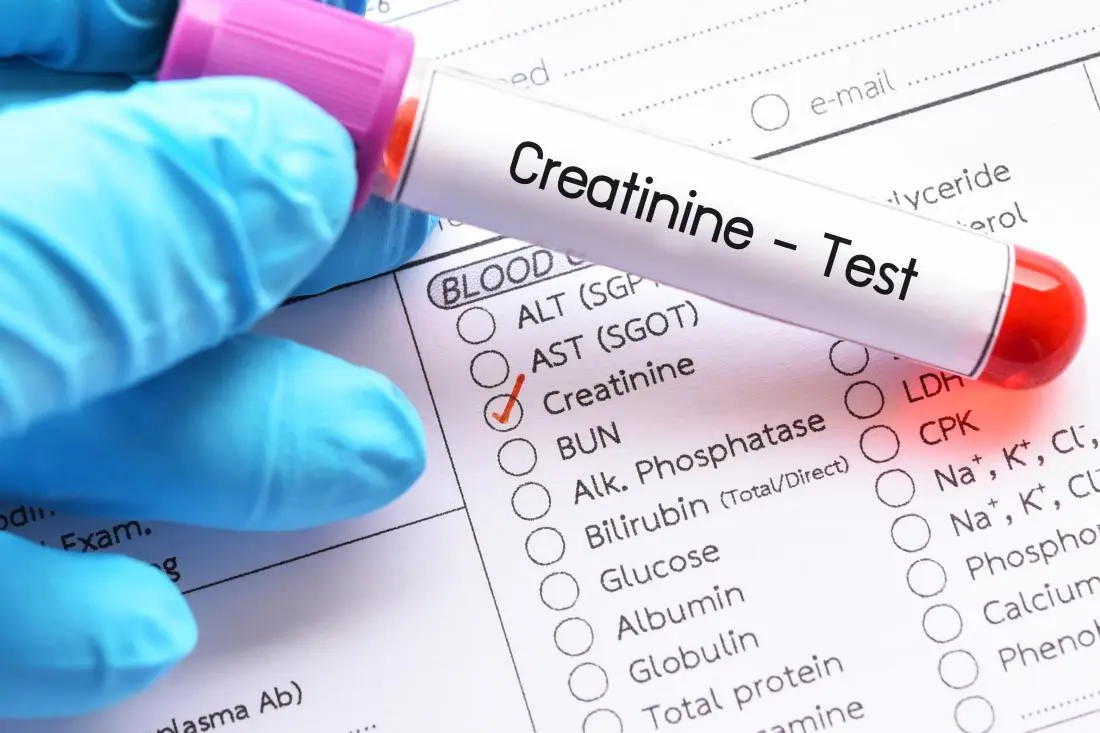
Urine Creatinine Test(Urine Test):
The Urine Creatinine test measures the level of creatinine, a waste product generated by muscle metabolism, in the urine. Creatinine is filtered from the blood by the kidneys and excreted through urine, making it a valuable indicator of kidney function.
This test helps assess renal health and estimate the glomerular filtration rate (GFR), which reflects the kidney's ability to filter waste from the bloodstream. Abnormal levels of urine creatinine may indicate impaired kidney function, dehydration, or muscle disorders.
The Urine Creatinine test is often performed alongside blood creatinine tests to evaluate kidney function comprehensively. Regular monitoring of urine creatinine levels aids in the early detection and management of kidney diseases, ensuring optimal renal function and overall health.

Urine for Pregnancy (HCG) (Urine Test):
The Urine for Pregnancy (HCG) test is a common method used to detect the presence of human chorionic gonadotropin (HCG) hormone in urine samples. HCG is produced by the placenta during pregnancy and is detectable in the urine shortly after implantation occurs, making it a reliable indicator of pregnancy.
This test is often performed at home using over-the-counter pregnancy test kits, which involve collecting a urine sample and applying it to a test strip or cassette. A positive result indicates the presence of HCG in the urine, confirming pregnancy, while a negative result suggests its absence.
Urine for Pregnancy (HCG) tests are convenient, non-invasive, and easily accessible, allowing individuals to quickly determine their pregnancy status in the privacy of their homes. These tests are highly accurate when used according to instructions and are typically the first step in confirming pregnancy before seeking medical confirmation.